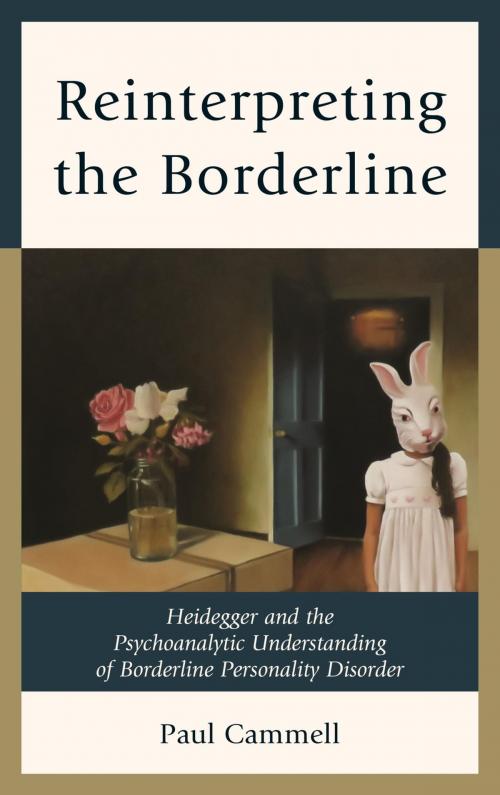Reinterpreting the Borderline
Heidegger and the Psychoanalytic Understanding of Borderline Personality Disorder
Nonfiction, Health & Well Being, Psychology, Personality, Mental Health| Author: | Paul Cammell | ISBN: | 9781442252851 |
| Publisher: | Rowman & Littlefield Publishers | Publication: | August 30, 2016 |
| Imprint: | Rowman & Littlefield Publishers | Language: | English |
| Author: | Paul Cammell |
| ISBN: | 9781442252851 |
| Publisher: | Rowman & Littlefield Publishers |
| Publication: | August 30, 2016 |
| Imprint: | Rowman & Littlefield Publishers |
| Language: | English |
Reinterpreting the Borderline is a timely and comprehensive analysis of Heidegger’s philosophy and its relevance to the clinical fields of psychiatry, psychotherapy, and psychoanalysis. Cammell presents the key elements of Heidegger’s philosophy and further explores affiliations with other key philosophers influenced by Heidegger. By applying these philosophical ideas to developmental models and clinical treatments of borderline personality disorder, Cammell develops a system of ideas he terms “hermeneutic ontology,” exploring the fundamentally relational, embodied, affective, temporal, and technical aspects of existence that become problematized in the experience of “the borderline”--both for the suffering individual and the concerned clinician. Cammell posits that “borderline experience” extends beyond the suffering individual to the context of the psychotherapy itself, something in which the therapist and suffering individual must collaborate to overcome. Reinterpreting the Borderline provides a rich and complex study toward simultaneously overcoming the divide between theory and practice, philosophy and psychotherapy, and finally the borderline between suffering individuals and their concerned clinicians.
Reinterpreting the Borderline is a timely and comprehensive analysis of Heidegger’s philosophy and its relevance to the clinical fields of psychiatry, psychotherapy, and psychoanalysis. Cammell presents the key elements of Heidegger’s philosophy and further explores affiliations with other key philosophers influenced by Heidegger. By applying these philosophical ideas to developmental models and clinical treatments of borderline personality disorder, Cammell develops a system of ideas he terms “hermeneutic ontology,” exploring the fundamentally relational, embodied, affective, temporal, and technical aspects of existence that become problematized in the experience of “the borderline”--both for the suffering individual and the concerned clinician. Cammell posits that “borderline experience” extends beyond the suffering individual to the context of the psychotherapy itself, something in which the therapist and suffering individual must collaborate to overcome. Reinterpreting the Borderline provides a rich and complex study toward simultaneously overcoming the divide between theory and practice, philosophy and psychotherapy, and finally the borderline between suffering individuals and their concerned clinicians.















